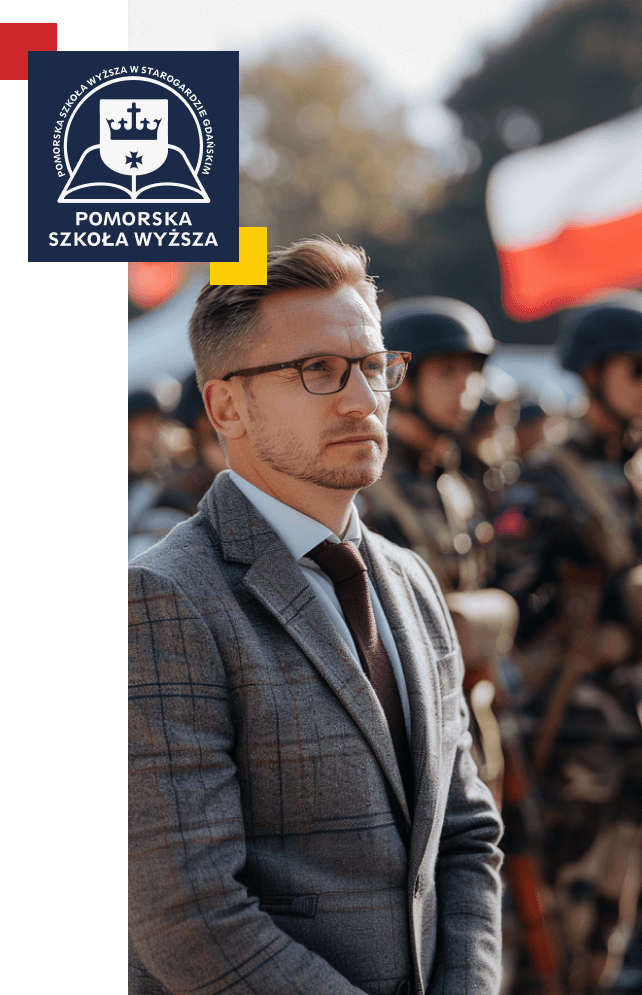Duration of study:
3 years (6 semesters)
Number of specialities
to choose from: 3
Mode of study: part-time
Registration:
only 5 minutes!

Internal security is a practical first degree course. It is a response to the dynamically changing reality and expectations of government administration, local government units and private companies. It is an interdisciplinary course of study, combining elements of security sciences and political and administrative sciences.
Students acquire practical knowledge of how to address security issues, including health and cyber security, as well as crisis management, border and civil protection. They will learn and practice, under the guidance of specialists, how to respond in crisis situations, with knowledge of legal regulations and respect for civil rights and freedoms, as well as based on ethical and moral standards. The aim is to make the learning process more practical. The subjects are selected in such a way as to best prepare graduates to meet the requirements of contemporary employees of public administration, health services, officers of uniformed services, employees of inspections, institutions, workplaces or private companies in positions related to the provision of broadly understood internal security and the security of citizens and their property. The aim of the studies is to prepare graduates theoretically and practically to solve problems related to public, economic, political or health security. Internal security is an offer addressed to those who wish to pursue a career in government administration, local government units, crisis management centres, the Police, the National Fire Service, municipal and city guards, the Customs and Fiscal Service, the Railway Protection Guard, the Border Guard, the Prison Service, the Road Transport Inspection, the Environmental Protection Inspection, the Sanitary Inspection, special services or the private sector. The interdisciplinary and modern study programme is in line with the needs of the labour market. As part of the learning process, students will solve contemporary homeland security problems using their theoretical and practical knowledge. The variety of subjects on the internal security degree programme, combined with the use of innovative, activating educational methods, will enable the student to gain experience in the area of broadly understood security, as well as in management or economics. The studies are taught by experienced academic lecturers and experienced specialists and practitioners working in the uniformed services.
The curriculum for the degree programme in internal security is divided into three main areas: general education subjects that will enable you to acquire the necessary knowledge in the humanities and social sciences; directional subjects that provide the opportunity to broaden your knowledge, skills and social competences in the field of law; and specialisation subjects.
Graduates of the internal security programme obtain a Bachelor's degree and are prepared to undertake second-cycle studies.
Depending on the specialisation chosen, graduates acquire general knowledge in the area of social sciences in the field of security sciences and knowledge covering key issues related to homeland security.
Places where graduates can take up employment:
The aim of the specialisation is to prepare the student for employment in the institutions of the so-called Crisis Management System.
Graduates of the crisis management specialisation acquire knowledge, skills and social competences in the field of crisis situations, their causes and possible consequences for life, health, property and the environment.
Career prospects - where to find a job, after completing the specialisation:
Subjects:
The aim of the specialisation is to prepare you for positions in, among other things, the functioning of the state, as well as public security.
Through this pathway, the graduate will develop knowledge, skills and social competences in the field of general conditions and institutions protecting the life, health, property of citizens and national assets, the system and sovereignty of the state from phenomena threatening the legal order. In addition, the graduate will develop knowledge, skills and social competences in the field of threats in cyberspace.
Employment prospects - where to find a job, after completing the specialisation:
Subjects:
The aim of the specialisation is to prepare you to carry out activities in the field of education and broadly defined health prevention and the country's health care system.
Graduates of the health security specialisation will develop knowledge, skills and social competences in the field of human protection against diseases, unhealthy lifestyles or climate change.
During the course of study, he or she will learn how to communicate knowledge about health and disease and how to coordinate health services in emergency situations, including knowledge and practical skills in the management of health care facilities.
Career prospects - where to find a job, after completing the specialisation:
Subjects:

Doctor of Social Sciences in the discipline of security sciences. He completed his defence policy studies at the NATO Defence Academy in Rome. He completed his doctoral studies at the National Defence Academy and his post-doctoral degree at the Academy of Military Art in Warsaw. He was, inter alia, chief of the Crisis Operations Branch at the General Staff of the Polish Army, chief defence planning specialist at NATO and commander of the Foreign Mission Preparation Centre in Kielce.

He has a PhD in law, researching armed conflict, the right to self-defence, the law of the use of arms, UN peacekeeping operations, youth pro-defence education and military intelligence and counter-intelligence activities. He has authored or co-authored more than 50 scientific and popular science publications. In 2006, he participated in the UN peacekeeping operation in Lebanon, where, after the end of the armed conflict (July War), he was appointed to an international commission to assess the loss of UNIFIL property and violations of IHL KZ.

Doctor of Social Sciences in the discipline of Security Studies at the Faculty of Political Sciences and International Studies, University of Warsaw. Graduate of the University of Gdańsk in political science. Completed postgraduate studies in Public Administration, Security and Crisis Management, History, Pedagogical Preparation, Geography. Author and co-author of more than 150 scientific publications on broadly understood security and physical culture.

Pomeranian University
in Starogard Gdanski
112/114 Kościuszki St.
83-200 Starogard Gdański
Pomeranian voivodeship
Pomeranian University
in Starogard Gdański
the first university
in Kociewie, established
more than 20 years ago.
PU offers under- and postgraduate studies
on various courses:
. Administration, Pedagogy,
Logistics, Internal security